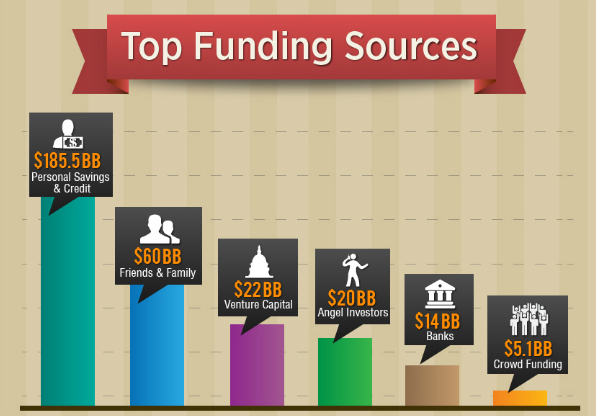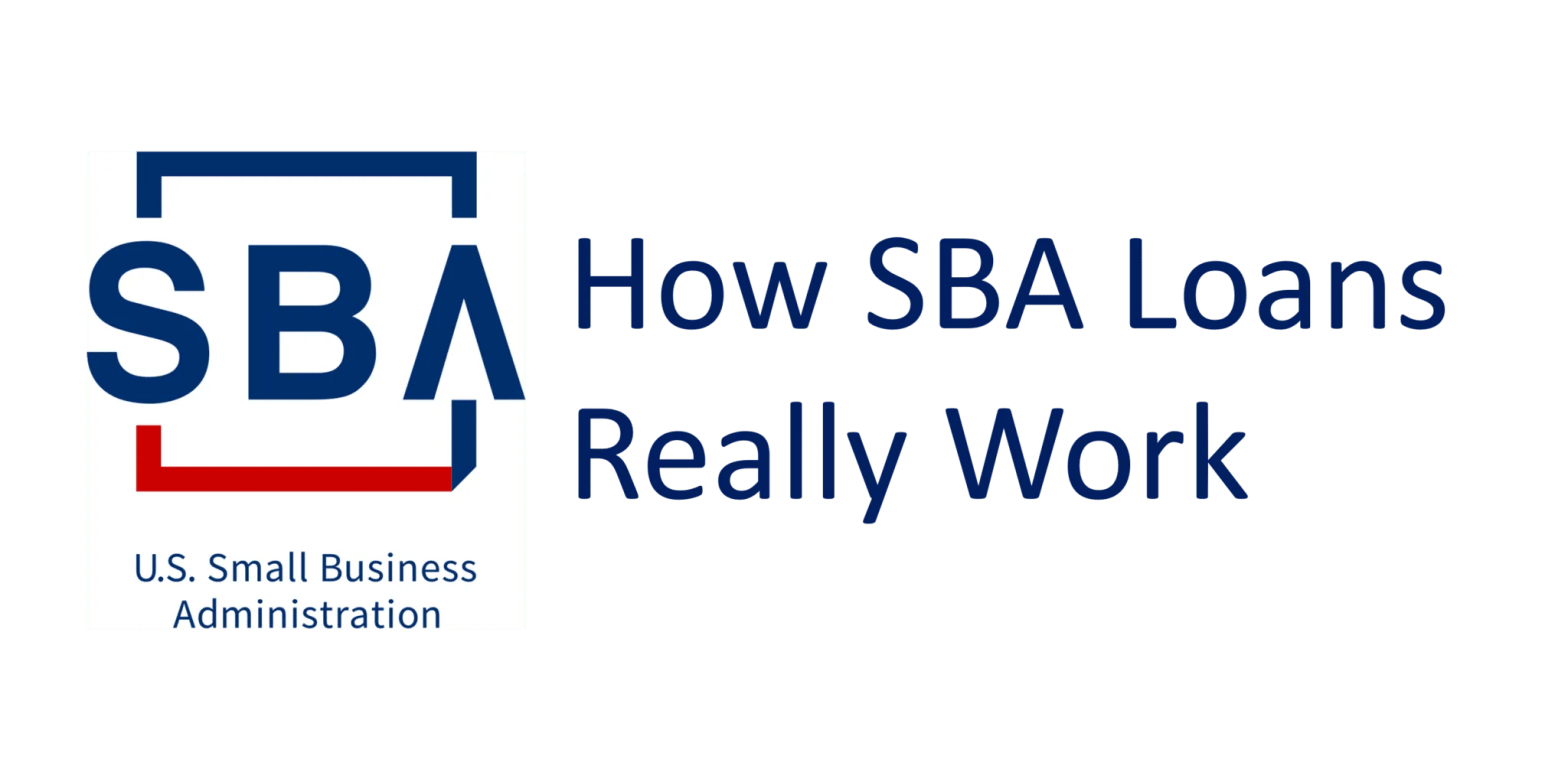Securing money for your startup idea is one of the most crucial steps in turning your vision into a reality. While traditional funding methods like bank loans may not be an option for many early-stage entrepreneurs, there are a variety of alternative ways to secure funding, depending on your business model, industry, and resources. Here’s a comprehensive guide on how to get money for your startup idea:
- 1. Bootstrapping (Self-Funding)
- 2. Friends & Family
- 3. Crowdfunding
- 4. Angel Investors
- 5. Venture Capital (VC)
- 6. Accelerators and Incubators
- 7. Grants and Competitions
- 8. Bank Loans or Lines of Credit
- 9. Strategic Partnerships
- 10. Invoice Factoring or Revenue-Based Financing
- 11. Online Lenders
- 12. Pitch Competitions
- 13. Final Tips

-
Bootstrapping (Self-Funding)
Bootstrapping is one of the most common ways entrepreneurs fund their startup in the early stages. It means using your personal savings or income to finance your business. This is often the first step before seeking outside investment.
- Personal Savings: If you have savings or assets, you can use them to fund your startup. This option gives you full control over your business, but it also carries risk.
- Credit Cards: Some entrepreneurs use credit cards to cover initial expenses. However, high-interest rates can be a risk, so it’s essential to manage your credit carefully.
- Retirement Funds: Some people use retirement savings (like 401(k) or IRA) to fund their startup. This option, known as ROBS (Rollovers for Business Startups), involves rolling over retirement funds into your business. Be aware that this has tax and penalty risks.
-
Friends & Family
Borrowing money from friends and family is another common funding option. This route can be easier to access than bank loans, but it also involves a personal risk. If your business fails, it could strain personal relationships.
- Loans or Investments: You can ask for a loan or offer a small equity stake in exchange for capital. It’s crucial to set clear terms, repayment plans, and expectations to avoid misunderstandings later.
- Formal Agreements: To protect both parties, create a written agreement outlining the terms of the loan or investment. This helps clarify expectations and ensures transparency.

-
Crowdfunding
Crowdfunding is an increasingly popular way to raise money for startups, especially if your business is consumer-facing or has a compelling story behind it. There are different types of crowdfunding platforms, each suited for different needs.
- Reward-based Crowdfunding: In exchange for financial support, backers receive a product or a service. This is common for product-based businesses.
- Kickstarter and Indiegogo are the leading platforms for reward-based crowdfunding. You can raise money by offering early access to your product or other rewards.
- Equity Crowdfunding: This option allows you to raise capital by selling equity or shares in your business. It’s a good choice if you need larger amounts of capital but want to avoid debt.
- WeFunder, SeedInvest, and Republic are platforms where people can invest in your business in exchange for equity.
- Donation-based Crowdfunding: Some platforms allow you to fund your idea through donations, which may be suitable if your startup has a social cause or charitable component.
- GoFundMe is a popular donation-based crowdfunding platform.

-
Angel Investors
Angel investors are wealthy individuals who invest in startups in exchange for equity or convertible debt. They are often the first external investors to take a chance on a new venture and can provide both funding and valuable mentorship.
- Networking: Many angel investors are part of local or regional angel groups. Attending startup events, pitch competitions, and networking events can help you connect with potential investors.
- Angel Networks: Platforms like AngelList and SeedInvest allow you to find angel investors who might be interested in funding your startup.
Tip: When approaching angel investors, have a well-prepared pitch deck and a solid business plan. Investors want to see potential for growth and a clear return on investment.
-
Venture Capital (VC)
Venture capital (VC) firms invest larger sums of money in exchange for equity in your startup. This is usually suitable for businesses with high growth potential, often in technology, healthcare, or other high-demand sectors. VC funding is harder to secure and typically happens at later stages (Series A or beyond), but it provides significant capital for scaling.
- Pitching VCs: To attract venture capitalists, your startup needs to demonstrate high scalability, a strong team, and a product or service with a large market opportunity.
- Venture Capital Firms: Some well-known VC firms include Sequoia Capital, Andreessen Horowitz, Benchmark, and Accel.
-
Accelerators and Incubators
Startup accelerators and incubators provide funding, mentorship, office space, and other resources in exchange for equity in your company. They also offer structured programs that help early-stage startups refine their business models and connect with investors.
- Y Combinator, Techstars, and 500 Startups are some of the most prominent accelerators. These programs usually culminate in a “demo day,” where startups pitch their businesses to a room full of investors.

-
Grants and Competitions
Various government programs, private organizations, and nonprofit foundations offer grants or prizes for startups, especially those with a social impact, innovative technology, or sustainable business models. Unlike loans or investments, grants do not need to be repaid.
- SBA Grants: The Small Business Administration provides grants for certain types of small businesses, such as those working on innovative technologies or in underserved industries.
- Government Competitions: Local governments and nonprofit organizations sometimes run competitions or challenges that award cash prizes to winning startups.
- Corporate Grants: Large corporations like Google, Microsoft, and Comcast often run innovation challenges with prizes for winning ideas.
-
Bank Loans or Lines of Credit
Traditional loans or lines of credit are not always an option for early-stage startups without established credit or revenue. However, if your startup has a strong business plan, good credit, or collateral, this may be a viable option.
- SBA Loans: The Small Business Administration (SBA) offers loans to small businesses with lower interest rates and longer repayment terms. They are often easier to qualify for than traditional bank loans.
- Lines of Credit: A business line of credit provides you with flexible borrowing options for working capital. It allows you to draw funds as needed and only pay interest on the amount you borrow.
-
Strategic Partnerships
Forming strategic partnerships with larger businesses can provide a source of funding and resources for your startup. These partnerships may involve co-developing products, sharing marketing resources, or receiving funding in exchange for equity or a revenue share.
- Corporate Investors: Some large corporations invest in smaller startups that align with their strategic interests. These partnerships may come with funding, resources, and mentorship.
- Joint Ventures: In some cases, you can form joint ventures with other businesses to pool resources and share costs.
-
Invoice Factoring or Revenue-Based Financing
If your startup already has customers and is generating revenue, you may be able to secure funding through invoice factoring or revenue-based financing. These options allow you to receive immediate capital based on future receivables.
- Invoice Factoring: This is when you sell your accounts receivable (unpaid invoices) to a factoring company in exchange for cash upfront. The company then collects the payments from your customers.
- Revenue-Based Financing: In this model, investors provide capital in exchange for a percentage of your future revenue, paid back over time.
-
Online Lenders
If you need quick access to capital, consider online lenders that cater to small businesses. These lenders may offer quicker and more flexible options compared to traditional banks. Online lenders tend to focus more on your business’s cash flow and overall potential rather than your credit score.
- Check out our ranking of the top 5 online lenders by clicking here.

-
Pitch Competitions
Pitch competitions, often hosted by startup incubators, accelerators, universities, or corporate sponsors, can provide a good opportunity to secure funding and gain visibility for your startup. Winners often receive cash prizes, investment offers, or a chance to pitch to a larger group of investors.
- Examples include the Pitch Slam (hosted by various accelerators) or The Global Student Entrepreneur Awards (GSEA).
Final Tips:
- Develop a Solid Business Plan: Investors, lenders, and grant providers want to see that you have a well-thought-out business model, financial projections, and an understanding of your market.
- Network: Building relationships with potential investors, mentors, and fellow entrepreneurs can help you access funding opportunities.
- Understand Your Business’s Needs: Determine how much money you need, when you need it, and the type of funding that best suits your startup’s stage and risk profile.
Remember that securing funding can take time, and rejection is part of the process. Keep refining your idea, stay persistent, and be open to exploring different sources of funding as your startup grows.




 Pros
Pros
 Cons
Cons
 Funding Options
Funding Options








